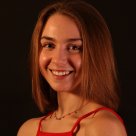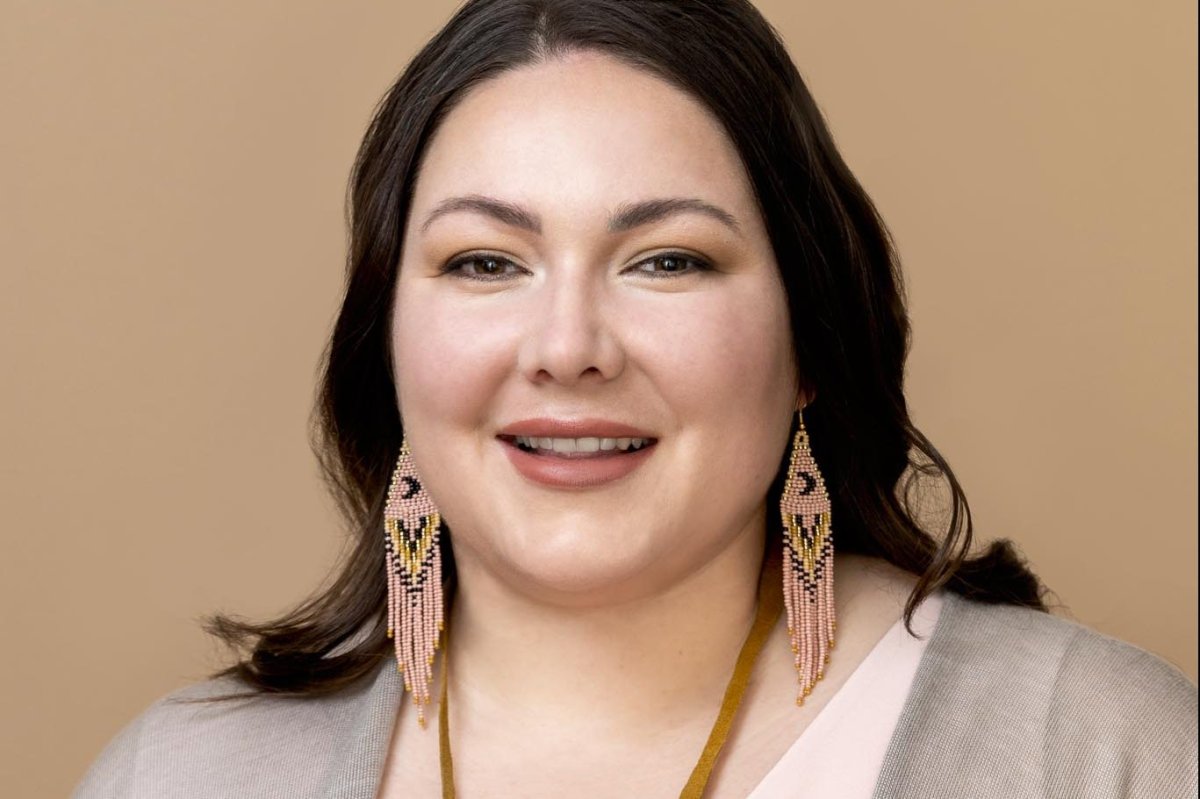Rachel Radyk, a master’s student in nursing at Western University, is working to reduce Indigenous youth homelessness after receiving a Head and Heart research fellowship.

Offered to Indigenous undergraduate and graduate students, the fellowship provides recipients from all disciplines with a 10-week, culturally relevant research experience. The focus is on topics and skills development including promising Indigenous practices, innovations in research, and professional development.
Established in 2018, the fellowship responds directly to the Truth and Reconciliation Commission of Canada’s Calls to Action 62 to 65 on “Education for Reconciliation.”
“During this fellowship, indigenous fellows, like myself, are paired and work really closely with Indigenous and allied faculty at Western within our assigned research projects,” Radyk said.
Supervised by Abe Oudshoorn, an associate professor of nursing at Western, Radyk is assisting with the project EQUIP Housing: Enacting Culturally Safe Housing Stability for Indigenous Youth Finding a Home.
Originally, EQUIP is an equity-oriented research and implementation program designed for health care settings that incorporates three key dimensions: trauma and violence-informed care; cultural safety and anti-racism; and harm reduction and substance use health.
- Life in the forest: How Stanley Park’s longest resident survived a changing landscape
- ‘They knew’: Victims of sexual abuse by Ontario youth leader sue Anglican Church
- Carbon rebate labelling in bank deposits fuelling confusion, minister says
- Senator references ‘Trumpian denialism’ in foreign interference debate around China
Funded by the Canadian Institutes of Health Research, the EQUIP model is set to be explored by the team at Western in preventing and ending Indigenous youth homelessness.
“By engaging Indigenous research and participatory implementation methods, we are adapting and testing an evidence-informed model of equity-oriented approaches in order to prevent homelessness and support sustained exits to housing,” reads the project description from Oudshroon’s “EQUIP Housing” website.
Researchers will also be working toward establishing an Indigenous youth council in the hopes of engaging those interested in the community to ensure that the space is culturally aware and safe for those who intend on accessing upcoming services.
Along with the Western research team, the project is collaborating with Youth Opportunities Unlimited (YOU), an organization in London, Ont., that aims to help young people from ages 16 to 24 experiencing homelessness by providing shelter and various services.
Sarah Palmer, a youth development counsellor for YOU, is the community coresearcher for the EQUIP project. After working with various youth on a daily basis, she is not only exited to work with Western but is excited to see a wider range of services become more accessible for Indigenous youth within the community.
“Not even just for Indigenous youth, but for all youth who have faced barriers or marginalization or feel like they haven’t received the care and the service that they think they should from these community resources,” Palmer said.
“I think that decolonization is very important work that needs to be done and that it’s going to benefit everyone,” she added.
In seconding those feelings, and after receiving the Head and Heart research fellowship, Radyk described her excitement towards being selected to work on the project.
In addition to working for her masters, Radyk is a registered nurse and holds a bachelor of both communications and science from Western.
Along with her fellowship, she hopes to incorporate her personal and educational background in helping to guide the voices of Indigenous youth and peoples in need, even beyond the span of the project.
“It’s really important that we empower our youth, engage our youth, and really build up those leadership roles,” Radyk said.
“Indigenous youth have voices that need to be amplified and need to be at every seat at the table, especially tables where they’re receiving care to make sure that it’s person-centred and that it’s something that will be supportive and safe for them.”








Comments